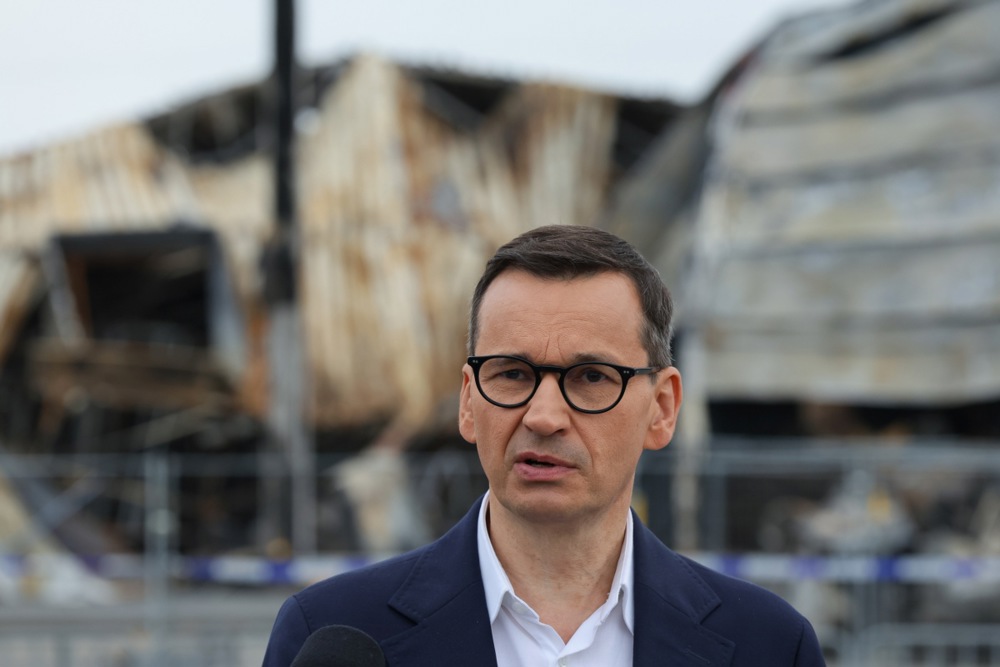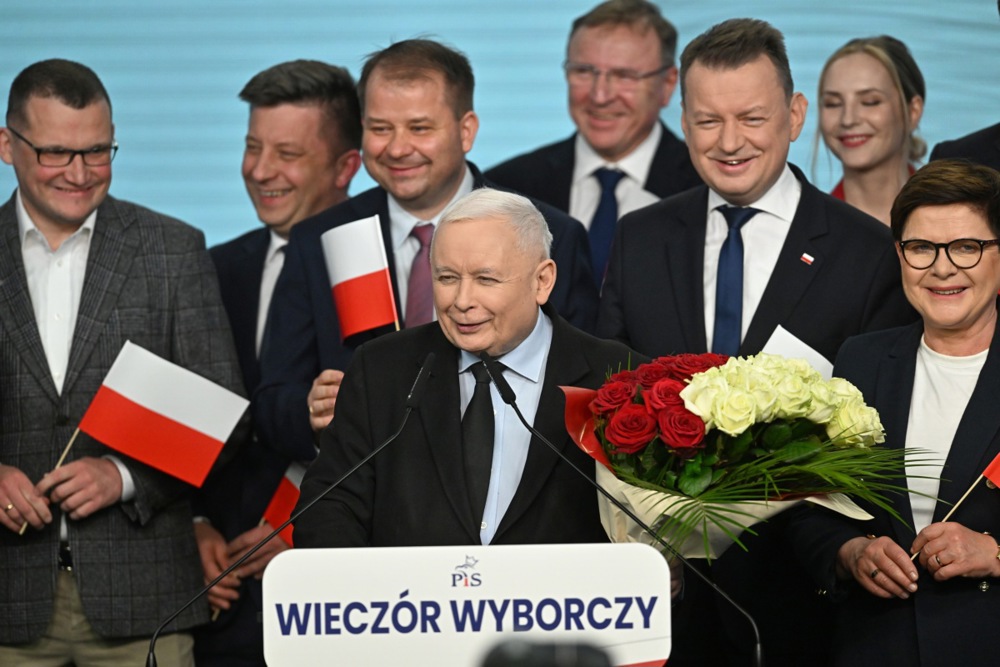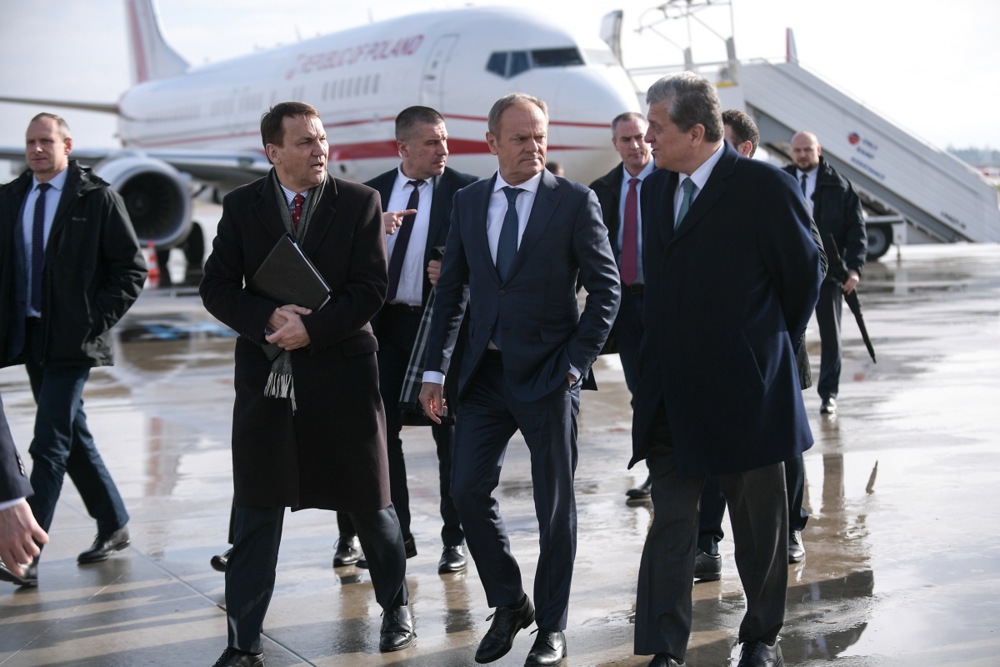The Polish Government has announced a freeze on energy prices for households at just over €100 per megawatt-hour (MWh) for the first three quarters of 2025, the period in which Poland’s presidential elections are set to be held.
Prime Minister Donald Tusk confirmed the decision during a government session on November 19, saying: “Electricity prices in Polish homes will not increase in 2025; we are freezing energy prices for nine months.”
At the same sitting of the government, Tusk’s administration also approved a cut in health insurance contributions for businesses, a move opposed by the Left party, one of the Polish PMM’s coalition partners.
Tusk had signalled the price freeze just after the US election in early November, when he argued that it was necessary to keep the Polish economy competitive.
The measure approved by the cabinet on November 19 does not extend the price freeze to businesses and public bodies, only to individual consumers.
In a note explaining the new energy price policy, the Ministry for Climate and Environment stated that without the price cap, electricity prices would have to rise to close to €150 per MwH for households. Hence the government had decided to subsidise energy for private users, which is estimated to cost the country €1.3 billion over the next year.
In justifying the decision not to extend price freezes for non-household consumers, the ministry claimed that “their position on the energy market is expected to be relatively better compared to 2023-2024”.
“These recipients, as professional entities, should be able to actively participate in the market and take full advantage of the benefits of market mechanisms,” it wrote in the explanatory note.
Critics have argued that the freeze merely delays addressing the issue of already record-high energy prices, leaving uncertainty about what lies beyond the presidential election.
Aleksandra Gawlikowska-Fyk, an expert for the Forum Energii think tank, told the Polish Press Agency (PAP) that the price freeze was not justified by market conditions. He said it discouraged efforts to curb increases by restructuring the energy generation system. “Poland needs to invest in more cost-efficient, integrated capacity,” he said.
Tusk’s Cabinet has also approved a cut in health insurance contributions paid by employers which, it claimed, would reduce the tax burden for more than 900,000 businesses.
The change, according to finance ministry figures, implies a reduction of revenue for the National Health Fund (NFZ) by an estimated €1.4 billion.
This is why the change has been opposed by Tusk’s coalition partners in the Left party, whose spokesperson Anna Maria Żukowska said on November 20 that her parliamentary colleagues would vote against the measure when it reached parliament.
Both the energy cap and the reduction in employers’ health insurance contributions have to be approved by parliament where, without the Left party’s support, the government does not have a majority.
If the bills are passed they will also have to be signed into law by the opposition Conservative (PiS)-aligned President Andrzej Duda.
The ruling coalition said it hoped to elect one of its candidates to the presidency in the election due in late spring of 2025 so it could free itself of the presidential vetoes over its legislative programme.
Both Tusk’s party (KO) and the opposition PiS are expected to announce their presidential candidates on November 23.





